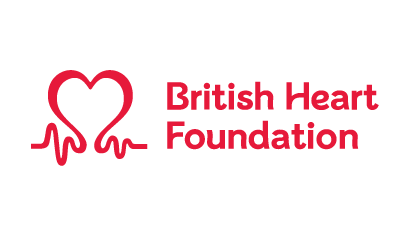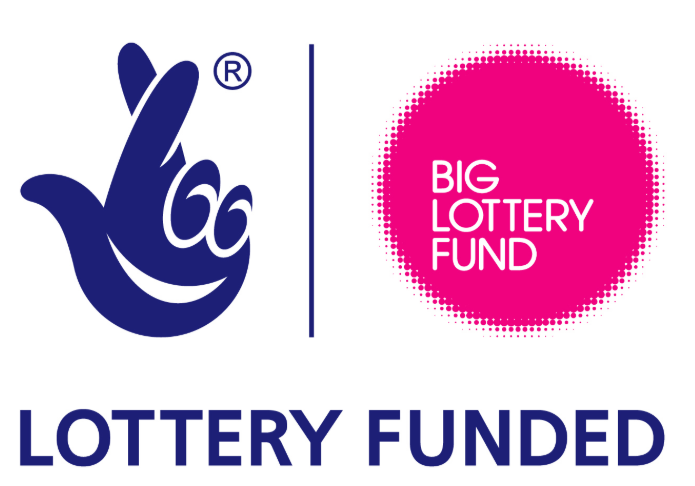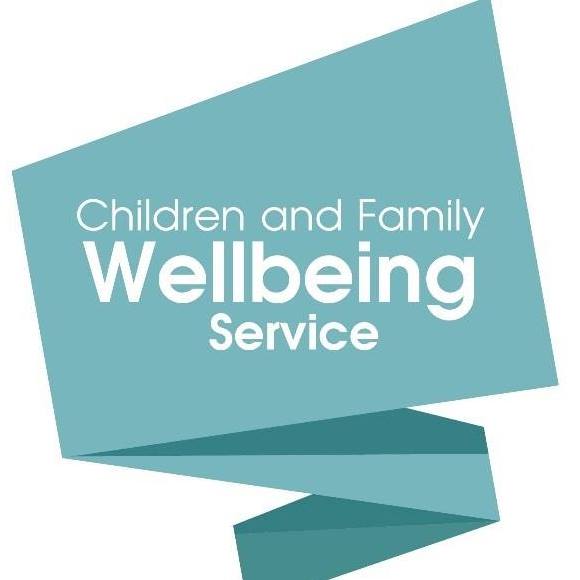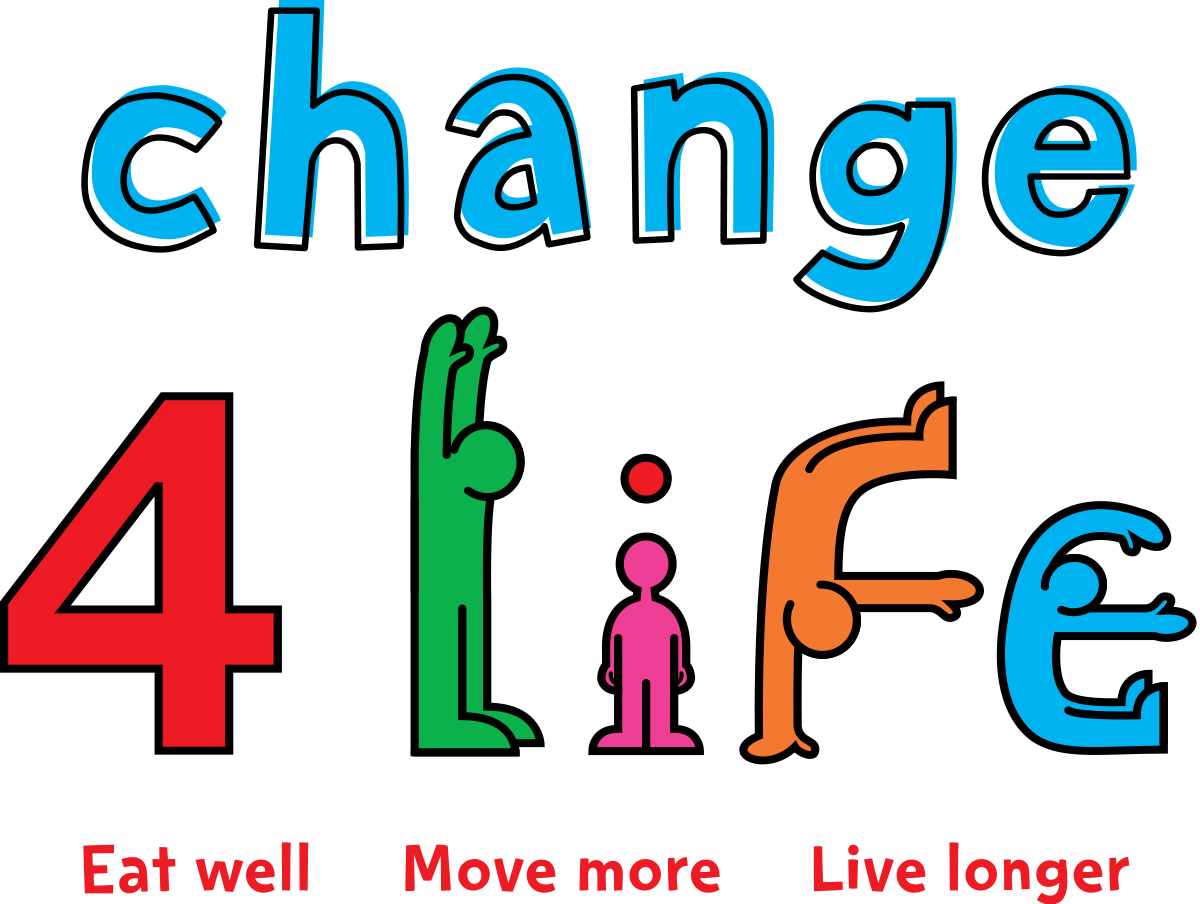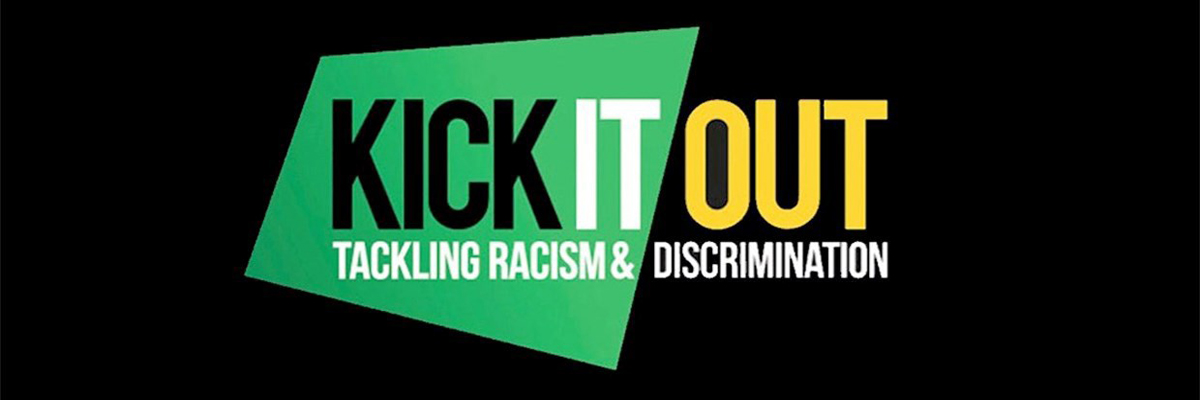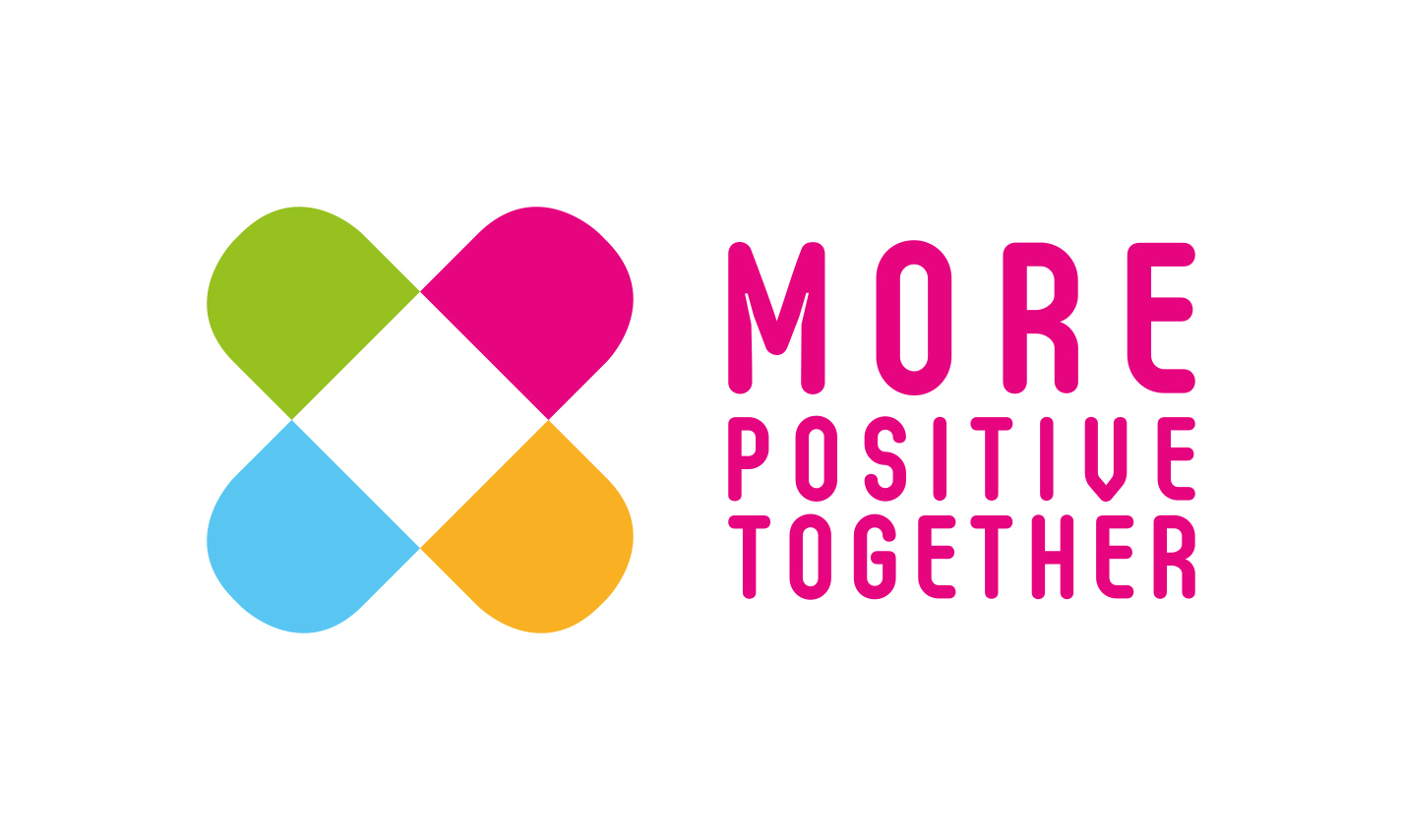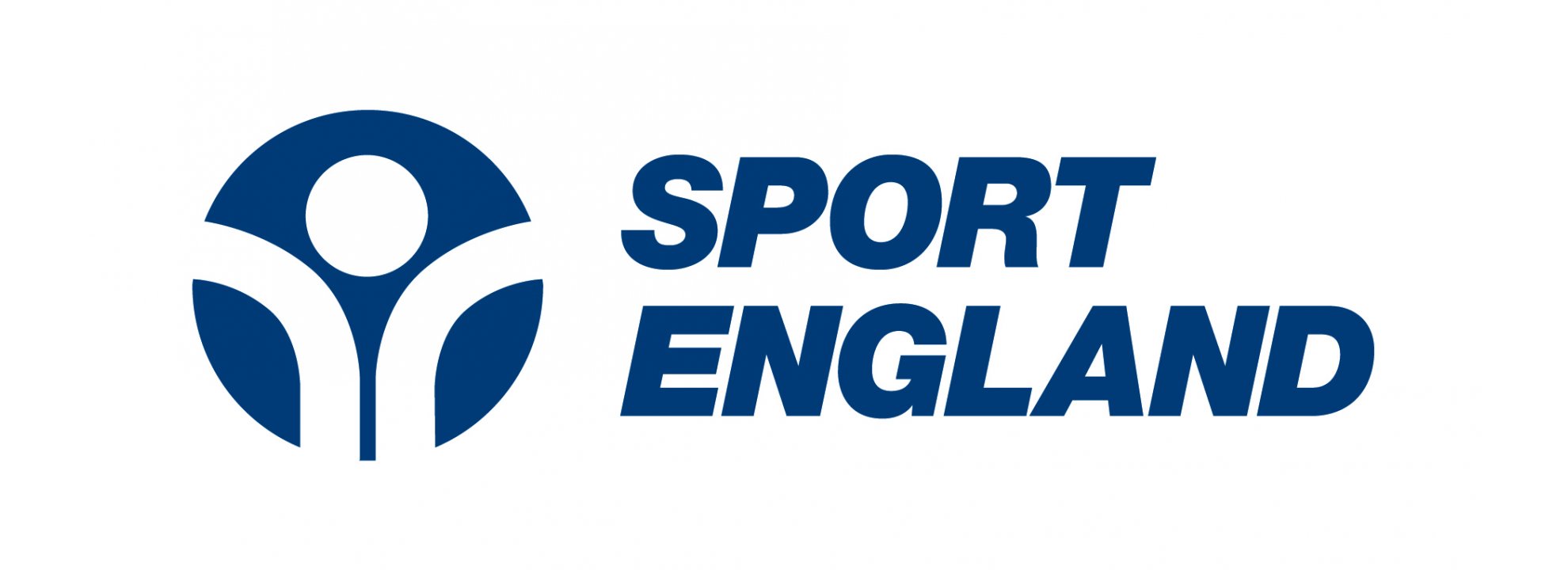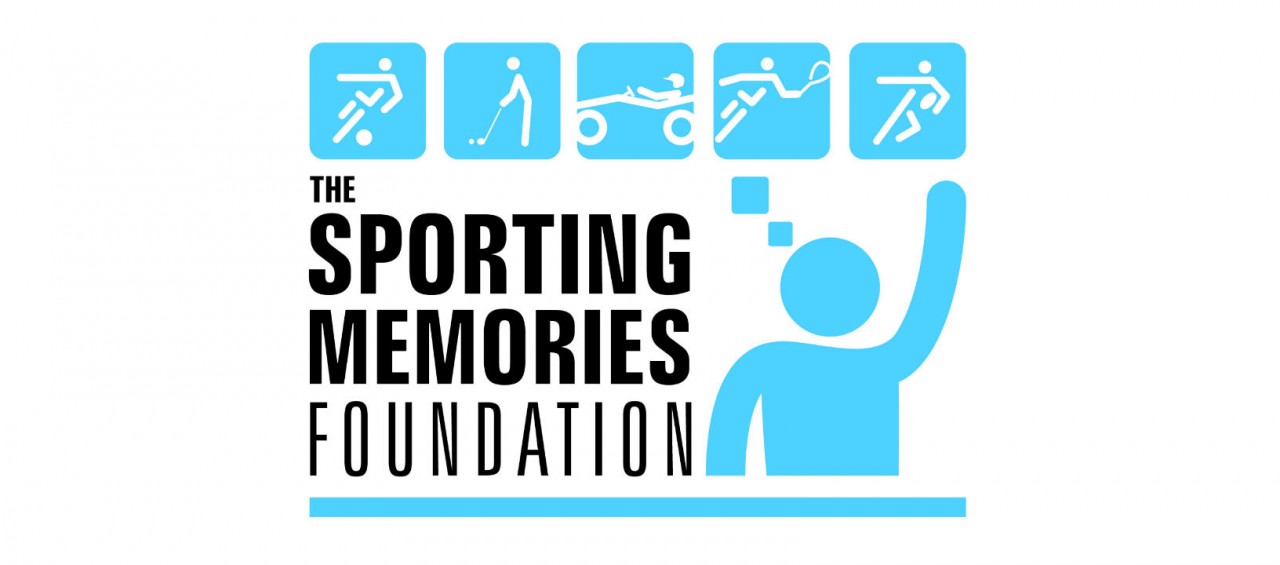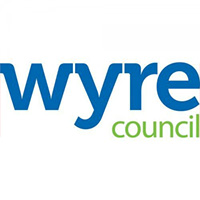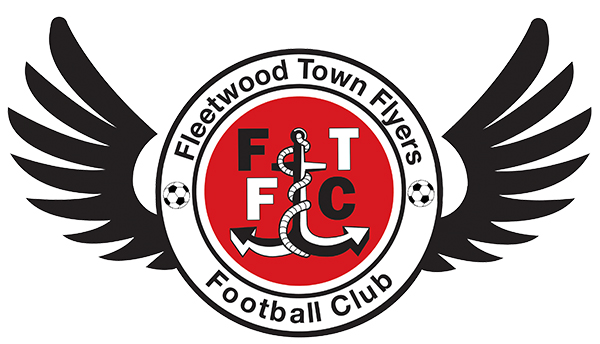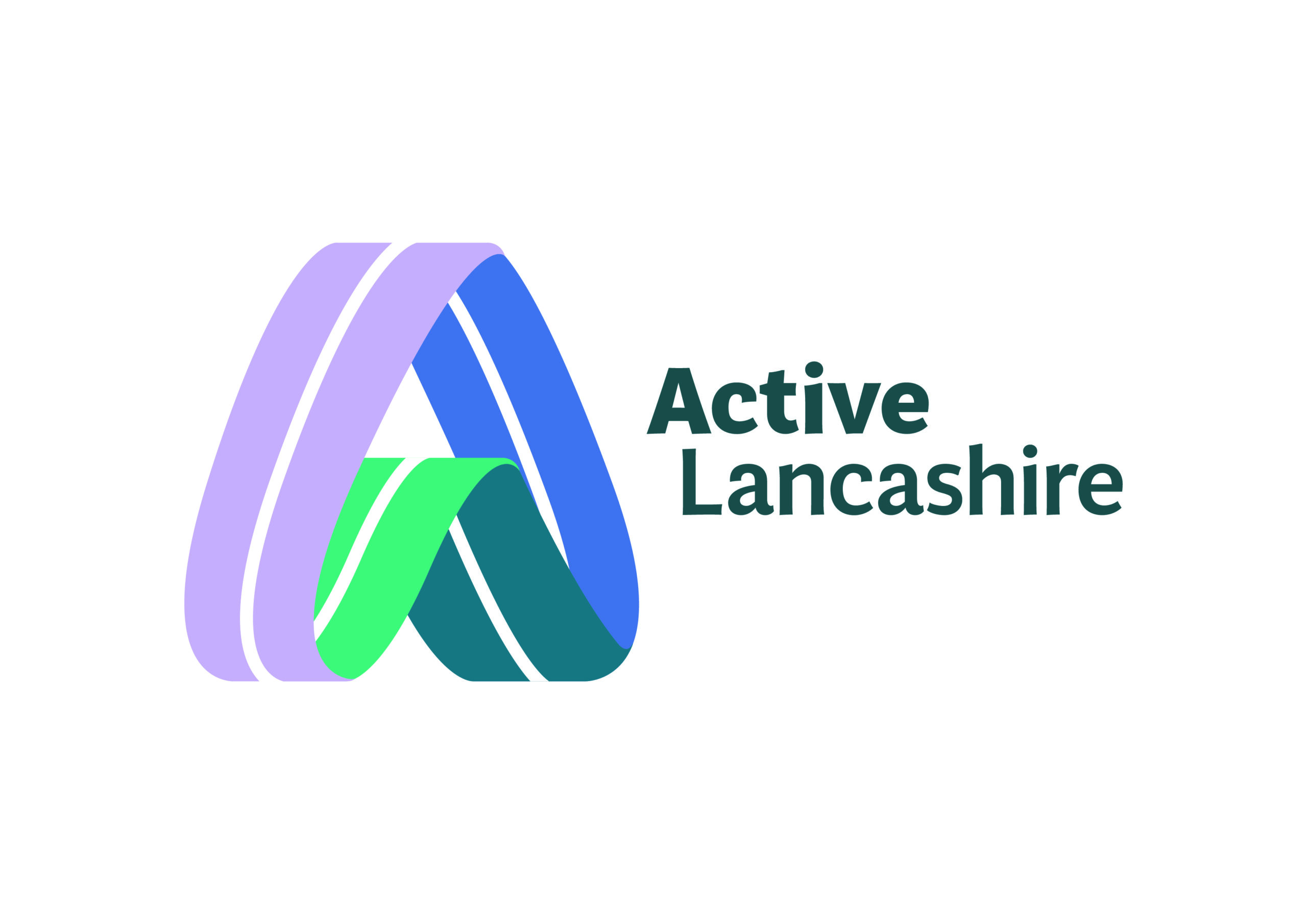Football clubs to mentor hundreds of young people hit hardest by pandemic

Share This Post
Hundreds of young people hit hardest by the pandemic are being offered mental health and wellbeing support by six football clubs to help them stay engaged in education so they can catch up on lost learning and raise their aspirations.
Through the Government’s Opportunity Areas programme, Stoke City, Port Vale and Blackpool Football Clubs are working with pupils aged 11 to 19 who are disadvantaged, vulnerable or at risk of falling out of education, employment or training.
These schemes will give young people a way to talk through their anxieties and fears with trained mentors in one-to-one sessions at school and college, or online during the period of national restrictions, as part of the support on offer. They will help them find ways to overcome any obstacles, build their confidence and resilience so they are ready to learn and do not fall behind. Many of these pupils are vulnerable and can still attend school along with key worker children.
Funded by Stoke-on-Trent and Blackpool Opportunity Areas, the pastoral support is being delivered through the football club’s community teams, building on their existing outreach work which has made them a recognised brand in their community. Each football club is working with another in a different area to set up similar mentoring schemes and help even more young people. In Stoke-on-Trent Opportunity Area, Stoke City is working with Rotherham United and Port Vale with Lincoln City, while in Blackpool Opportunity Area, Blackpool is working with Fleetwood Town in Lancashire.
Minister for the Opportunity Areas Michelle Donelan said:
“Our focus throughout the pandemic has been to protect the most vulnerable in our society, creating new opportunities that secure their future success in spite of the challenges we face as a country.
“It is fantastic to see investment from our Opportunity Areas programme benefitting these schemes in Stoke-on-Trent and Blackpool, supporting young people’s mental health and wellbeing so they are ready to catch up on lost learning and do not fall behind.
“By sharing their resources and expertise with clubs in Fleetwood, Rotherham and Lincoln, even more secondary pupils can build life skills like confidence and resilience to tackle obstacles and thrive.”
During the period of national restrictions, mentoring is happening face-to-face or online, ensuring the most vulnerable continue to get the support they need whether learning at home or school.
- In Blackpool an existing mental health and mentoring programme is being broadened, with the club’s ‘high school hub officers’ working for two days a week in all eight mainstream secondary schools in the town so they can provide in person or online one-to-one support for as many pupils as need it. During lockdown, the club is providing online training for two new mentors at Fleetwood Town FC as well as sharing resources to help them identify and support around 75 pupils at Fleetwood High School.
- In Stoke-on-Trent, Stoke City is helping up to 25 secondary pupils with emotional and mental health support so they are ready to catch up on time out of the classroom and do not fall behind in their education. Each referred pupil has twice weekly sessions with a mentor either remotely or face-to-face to identify and address key areas of concern and build resilience. The club is working with Rotherham United FC to set up a mentoring scheme to support around 10 pupils.
- In Stoke-on-Trent, Port Vale’s mentoring co-ordinator will assess provision across the city to identify key gaps and establish a mentoring network to support young people and their families who have been impacted by the pandemic. The club is also working with nine secondary schools to offer support to around 124 pupils, helping them overcome challenges so they stay engaged with their learning, avoid criminal exploitation, raise their aspirations, and take advantage of career opportunities. Port Vale is now working with Lincoln City to share resources and identify pupils in two secondary schools that need extra support.
The football clubs from outside the Opportunity Areas were chosen based on a range of criteria related to disadvantage and established relationships between clubs.
It follows confirmation of funding allocations for the fourth year of the Opportunity Areas programme last July, including a share of £1 million specifically to support ‘twinning’ work and expand the programme’s reach. Stoke-on-Trent and Blackpool Opportunity Areas have each invested £100,000 into these football club projects.
Selina Hayes, Head of Education and Employability at Blackpool Football Club Community Trust, said:
“The High School Hub programme has been a long-term ambition of ours and it is fantastic to have been able to roll the programme out with the support of the Opportunity Area.
“Having mentors in every school allows us to provide regular support for the most vulnerable pupils, not only to achieve academically, but to become much more confident and ambitious individuals ready to progress through education and life.”
Adrian Hurst, Head of Community at Stoke City Football Club Community Trust, said:
“We are delighted to offer this project to support young people in Stoke-on-Trent. During the current restrictions, we are able to provide emotional well-being and practical support to young people whose education has been impacted by the pandemic.”
Steve Cato, Project Co-ordinator for Port Vale Foundation Trust, said:
“The mentoring programme is a huge growth area for the foundation and will enable us to fulfil our community club ambitions.
“Stoke-on-Trent has a high need for a project like this, supporting young people who need it most.
“Along with our network of partner agencies, we will provide structured, safe and progressive mentoring for young people in our city.”
The Department for Education is investing £90 million in 12 Opportunity Areas over four years with £1 million set aside to ‘twin’ with other places so they can improve outcomes and opportunities for even more young people.
The fourth year of the programme is supporting young people hit hardest by the pandemic and work is underway to share more broadly the expertise and successes from the programme so far to help other places to overcome similar challenges.



